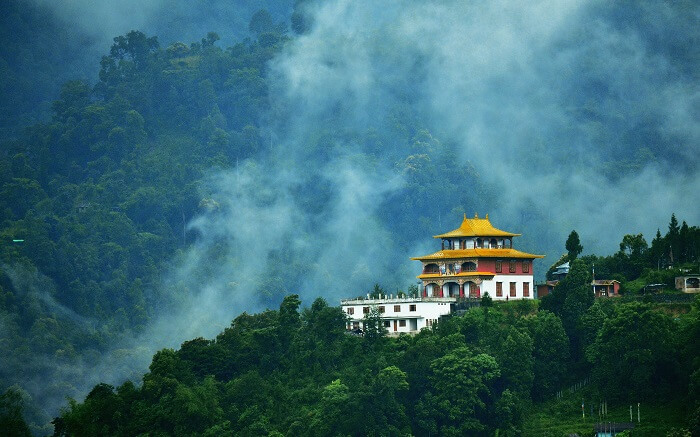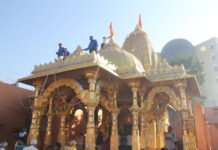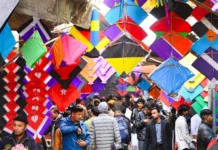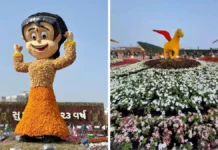GANGTOK: 2018 proved to be a fruitful year for Sikkim as it became India’s first organic state, got its first airport and Pawan Kumar Chamling became the longest-serving chief minister in the country.
The tourist footfall in the state also increased after a dip last year, which had witnessed the Doklam standoff and the Gorkhaland statehood agitation.
Chamling completed an unprecedented 24 years in office on December 12 after taking oath for the first time as chief minister on the day in 1994.
On April 29, the 68-year-old politician broke the record previously held by the late Jyoti Basu, who was the chief minister of West Bengal for 23 years, seven months and 17 days.
On his accomplishment in public life, he pledged to serve the people of Sikkim for years to come and take the state on the path of prosperity and development.
With Sikkim going to polls along with general elections in 2019, political activities also intensified during the year.
Challenging Chamling’s Sikkim Democratic Front, opposition Sikkim Krantikari Morcha’s morale got a boost with its president P S Tamang being released from jail after serving a year in jail following his conviction in a corruption case last year.
Tamang, also known as PS Gole, said he travelled across the state to “expose holes in Chamling government’s performance”.
Also in the field in the upcoming polls will be the legendary footballer Bhaichung Bhutia, who took a plunge in the state’s politics earlier this year with his new Hamro Sikkim Party and vowed to oust a “corrupt government” led by Chamling.
During his interactions with the media and the public, Bhutia, 42, promised to usher in accountability and transparency in governance if his party were to be elected to power in Sikkim.
The Hamro Sikkim Party has, since its formation in June, been exploring the possibility of forming an alliance with like-minded political parties including the BJP to defeat the ruling SDF.
On the economic front, Sikkim made national headlines when it became a fully organic state by banning supply of 30 non-organic food items with effect from April 1.
The supply and sale of non-organic food items, particularly vegetables, were prohibited through a notification issued by the home department.
Following a severe crisis of food items like cabbage, tomato and chilly, the state government lifted the ban imposed on the supply of these items from outside.
Acknowledging hardships faced by people to go for organic food due to prohibitive prices, Chamling defended the move, saying the ban on non-organic food items was necessary to promote and protect the interests of local farmers who were not getting value for their organic products.
Chamling’s push to make Sikkim India’s first organic state brought international laurels. The state won the United Nations Food and Agriculture Future Policy Gold Award which the chief minister received in Rome.
It was a great year for Sikkim for tourism. According to tourism department officials, the state received more than 14.25 lakh tourists who visited in 2017. The final data is yet to be made available.
In a boost to the tourism infrastructure, Prime Minister Narendra Modi inaugurated the Himalayan state’s first airport Pakyong Greenfield Airport on September 24.
Describing the country’s 100th airport as a “marvel of engineering works”, Modi said it will help boost the tourist footfall in the scenic state. PTI







